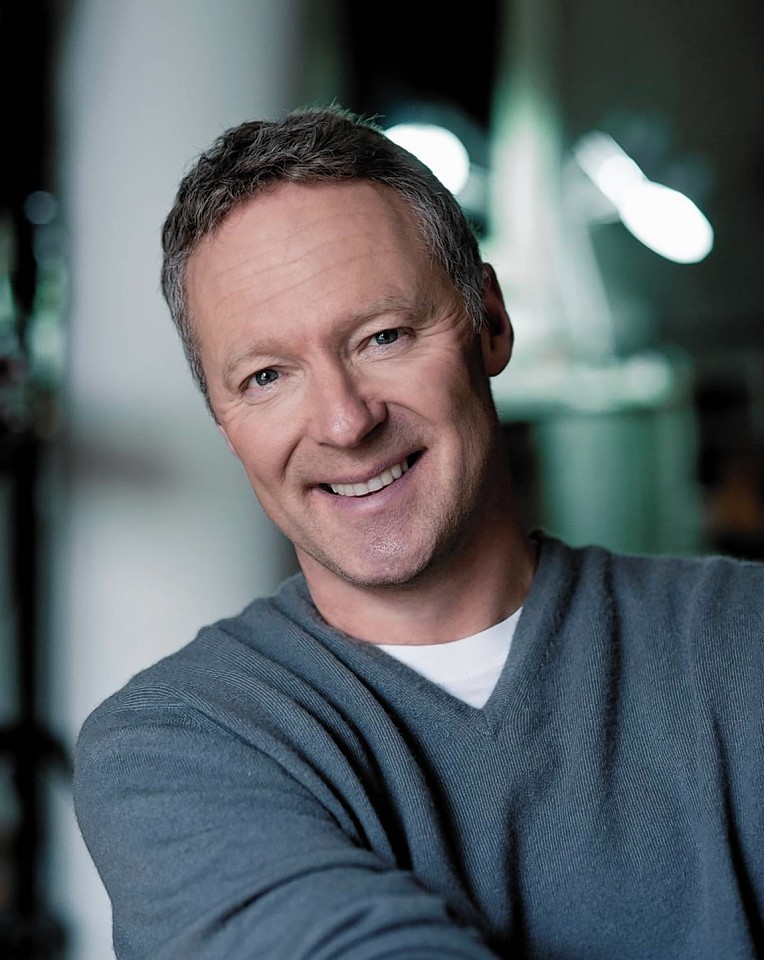If you already shared the common view that this election is too close to call, then last week’s political edition of The Weakest Link, with Julie Etchingham doing a fantastic impression of Anne Robinson (even down to the glasses), will have done little to shake that belief.
While I had a problem with the sound on my television – I could still hear every word Nigel Farage said – it was clear that, despite strong performances from the women (Nicola Sturgeon in particular), the debate was no “game-changer”. While Sturgeon had a good night, Cameron sounded weary, Miliband a bit whiny, Farage one-note and ranty, and Natalie Bennett worthy. Meanwhile, Nick Clegg insisted on refereeing the thing and Leanne Wood was, well, Welsh.
As the credits rolled, Cameron was doubtless thinking “well that’s THAT over”, knowing that he has succeeded in getting the debates out of the way, mostly by not actually having one.
But the unintended consequence of him watering the debates down to a seven-way contest was that we did at least see seven different parties on the same platform: a hopeful sign that the two-party, male-dominated Westminster model of politics may be breaking up at last.
For the rest, this election is unpredictable because, as someone once said of democracy itself, it has too many moving parts.
There will be many twists and turns to come. This weekend, it was Nicola Sturgeon’s turn to find herself in the eye of the storm over comments allegedly made to the French Ambassador.
Doubtless Cameron immediately sent for a translation of their discussion. Not from French, but from Scottish, as we know from the referendum campaign that he doesn’t speak Scottish and doesn’t understand a word of it.
How ironic it is that when Bonnie Prince Charlie waited at Glenfinnan in 1745, looking anxiously at his watch and checking his mobile to see if anyone was going to join him in the great rebellion, it was the delayed arrival of about 1,000 Camerons that finally allowed him to change his Facebook status to “Official Contender to the Throne”.
These days, if Cameron heads for the Highlands at all it’s probably to stalk.
I was asked to join ITV’s post-debate discussion on The Agenda on Thursday night and happily agreed. Although, by the time the programme started I was knackered, and looking every bit of my age (54 today, since you ask). I caught a glimpse of myself in a studio TV monitor and came to the depressing realisation that, whatever I actually said on the show, people would look at my deeply furrowed brow, my half-closed eyes and my greying hair and think “that Paddy Ashdown’s let himself go”.
Not the least of the reasons for looking so worn out was the fact that my closest friend passed away the night before and, as he was Jewish, was buried soon after noon the next day. He had fought lung cancer for an astonishing eight years.
The rabbi hailed his bravery and asked each of us to try to emulate just one of my friend’s many qualities. One or two present will have plumped for his Clinton-esque love of women (he never married).
I imagined a conversation between two male friends, one asking the other to
let people know of the
arrangements for the funeral: “Have you told Jane?
Here’s her number. What about Lizzie? Here’s her mobile. And Amanda? Here’s hers.”
The next day, at the graveside, the two men would meet, the first saying: “Did you pass the message on?”
And the other replying: “No, but I’ve got a fantastic weekend planned.”
God bless you, Ronnie.
Getting the facts right
In preparing for Thursday’s discussion. I checked some facts about Britain. As I didn’t get to use them, I’ll share them with you here.
1. The public think 24% of benefits are claimed fraudulently. The real figure is 0.7% (source: IpsosMori/Work and Pensions Select Committee).
2. In 2012/13, benefit fraud cost the UK £1.2billion, while tax evasion cost £4.1billion (Source: HMRC).
3. In 2013, the average top chief executive in the UK earned 174 times the national average salary. In 1980, the figure was 18 times (High Pay Centre).
Spring has sprung and it’s a glorious Easter
Spring seems finally to have arrived in the Borders – and not before time.
As I write this, down by the Oxnam Water, the woods are full of daffodils and primroses, even the odd hellebore.
The air is heady with the scent of wild garlic from the rampions, and the hills above are dotted with gorse in full flower and new spring lambs – compulsive gambollers all.
After a hard winter, nature has finally woken up again.
Happy Easter, everyone.
Enjoy it while you can.
Oh, and don’t forget to register to vote. This could be quite a spring.
